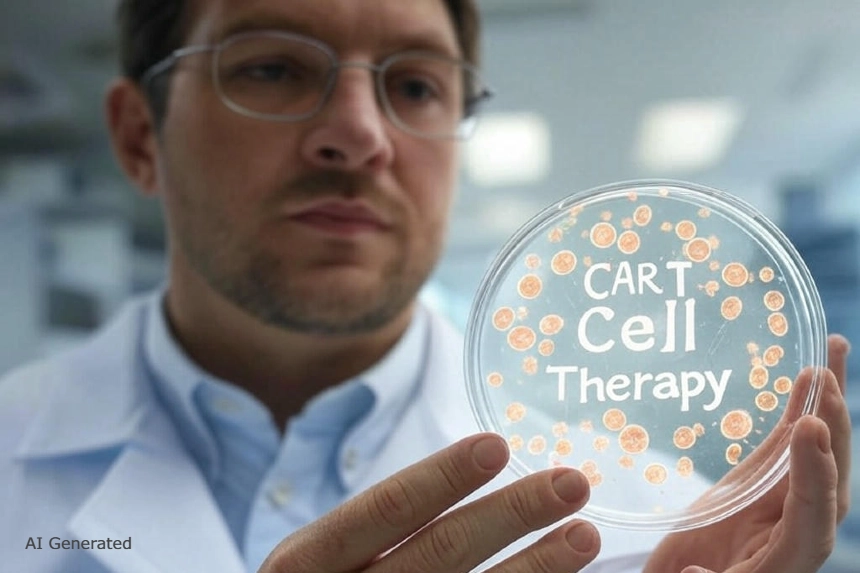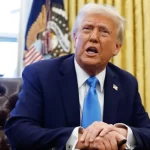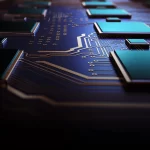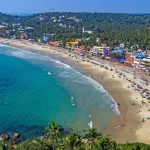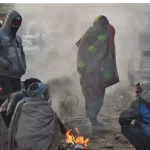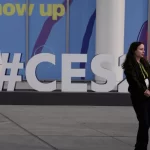Indian patients showed a “response rate” of 73% to specific variants of blood cancer. The study published in the Lancet gives hope for survival and healing through indigenous trials. The research also pointed out the side-effects of an overactive immune system which may lead to organ failure due to over-inflammation.
The response rate is the percentage of patients that responded to a particular treatment, where cases were either stopped or reduced. The results from the phase I and II trials are important for being the first trials of CAR T-cell therapy from India to be published in an international journal. CAR T-cell therapy, or the Chimeric Antigen receptor T-cell uses enzymes to train the body’s immune system to identify and destroy cancer cells. It is used to treat types of blood cancer and is given to a patient when the first line of intervention fails.
The study shows an average survival rate of six months in the case of acute lymphoblastic leukemia and four months in lymphoma. The other therapies present across the world provide similar benefits and response rates but the major issue with this trial is the common and serious side-effect of CAR T-cell therapy– hemophagocytic lymph histiocytosis, and over-activation of immune cells leading to organ failures.
Over 12% of patients during phase I and II trials suffered from IEC-HS it was also common in actual patients. Another drawback is the high chance of deaths due to treatment-related lung or multiple organ failure which presents a hurdle to transforming the technology from lab to hospital.
The drug regulator of India has approved the use of CAR T-cell therapy for certain cases in hospitals like Apollo, Fortis, and Amrita. This however is not fully reliable as the complete trials were not completed. The current trials are at par with the world and provide the treatment of cancer to Indians at an accessible and cheap rate. Rahil Purwar, founder of Immunocyte rightly says “This is really a world class innovation done within the country. The treatment has been found to be comparable to others approved globally and the cost is 1/20th of those therapies. This will improve access and affordability of such high-end cancer treatments,”.
